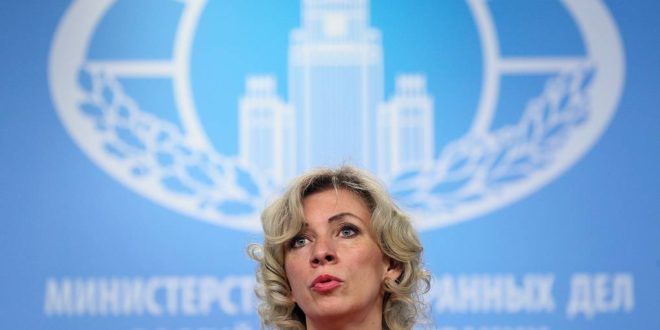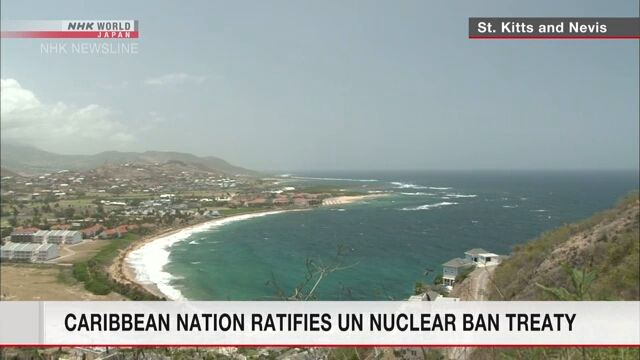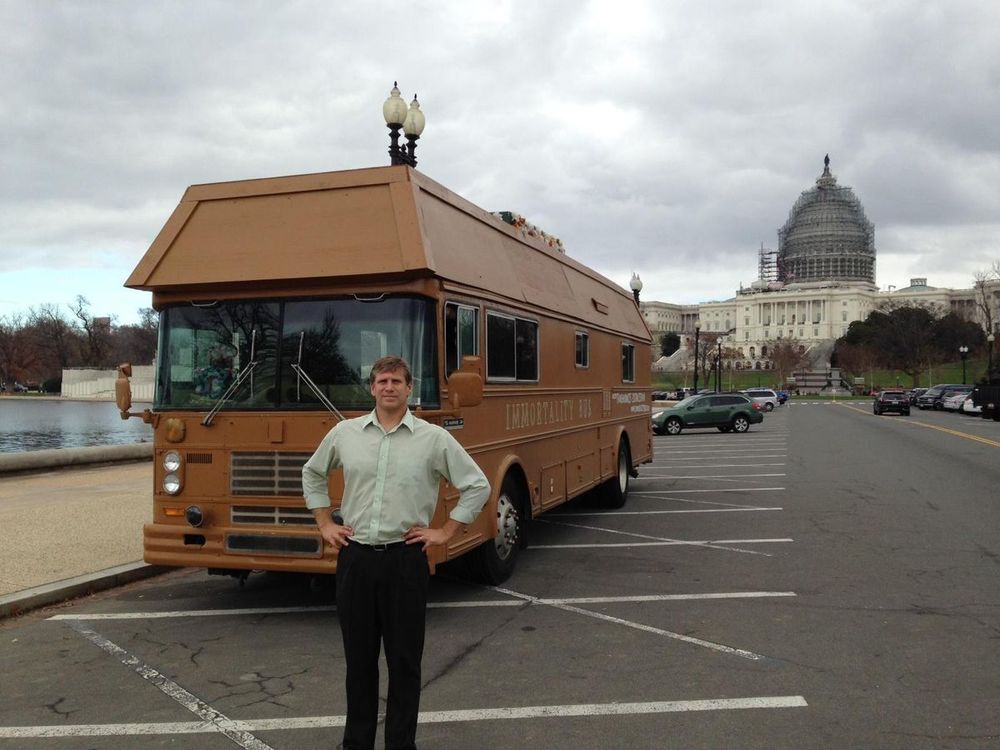Eight countries have signed the Artemis Accords, a set of guidelines surrounding the Artemis Program for crewed exploration of the moon. The United Kingdom, Italy, Australia, Canada, Japan, Luxembourg, the United Arab Emirates and the US are now all participants in the project, which aims to return humans to the moon by 2024 and establish a crewed lunar base by 2030.
This may sound like progress. Nations have for a number of years struggled with the issue of how to govern a human settlement on the moon and deal with the management of any resources. But a number of key countries have serious concerns about the accords and have so far refused to sign them.
Previous attempts to govern space have been through painstakingly negotiated international treaties. The Outer Space Treaty 1967 laid down the foundational principles for human space exploration – it should be peaceful and benefit all mankind, not just one country. But the treaty has little in the way of detail. The moon Agreement of 1979 attempted to prevent commercial exploitation of outer-space resources, but only a small number of states have ratified it – the US, China and Russia haven’t.







